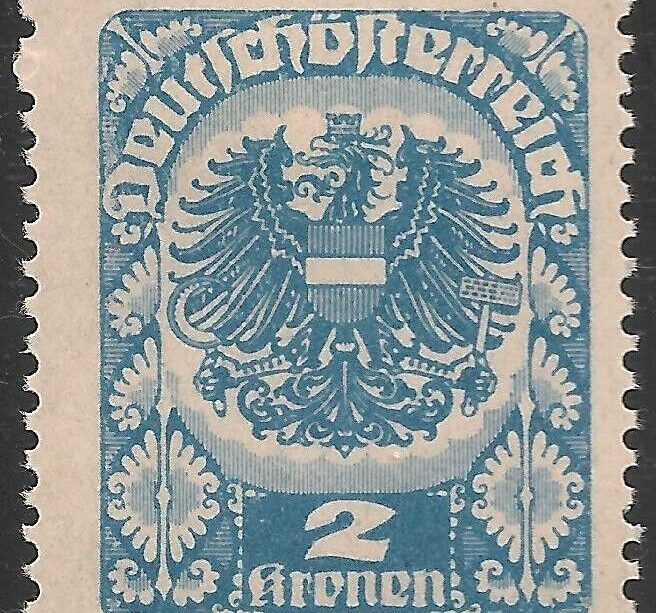Exploring Austria: Culture, Economy, and Future Prospects

Introduction
Austria, a landlocked country in Central Europe, is renowned for its rich cultural heritage, historic architecture, and significant contributions to art and music. Recently, the nation has witnessed a resurgence in its economy and tourism sector, driven by various factors. Understanding Austria’s current status is essential for grasping its role within the European Union and the global landscape.
Cultural Significance
Austria is home to iconic composers like Mozart and Beethoven, and cities such as Vienna and Salzburg celebrate this rich musical legacy. The capital, Vienna, is consistently ranked among the world’s most liveable cities, thanks to its exceptional quality of life, vibrant arts scene, and historical landmarks like the Schönbrunn Palace and St. Stephen’s Cathedral. In 2023, Austria continues to promote its cultural events, including the Vienna Festival and the Salzburger Festspiele, which attract tourism and create economic opportunities.
Economic Developments
Austria has shown resilience in its economic recovery post-pandemic. According to recent statistics from the Austrian Institute of Economic Research (WIFO), the nation’s GDP is expected to grow by 2.2% in 2023, marking a steady recovery. Key sectors driving this growth include technology, manufacturing, and tourism. The government has implemented various initiatives to support these sectors, including incentivising green technologies and sustainable practices.
Tourism Rebound
Tourism, a vital part of Austria’s economy, has made a significant comeback post-COVID-19. The Austria Tourism Board reported a 30% increase in international guests in 2023 compared to the previous year. Tourists are returning not only for the cultural experiences but also for the country’s stunning natural landscapes, including the Alps, which offer year-round activities such as skiing, hiking, and wellness retreats.
Conclusion
Austria stands at a pivotal juncture as it blends its deep-rooted cultural heritage with modern economic strategies. The synergy of culture and economic growth positions Austria as an attractive destination for both tourists and investors. As the country continues to innovate and adapt to global challenges, it serves as a model of resilience and integration within Europe. Future prospects suggest that Austria could play an even more significant role in shaping EU policies, particularly in cultural diplomacy and sustainable economic practices.









